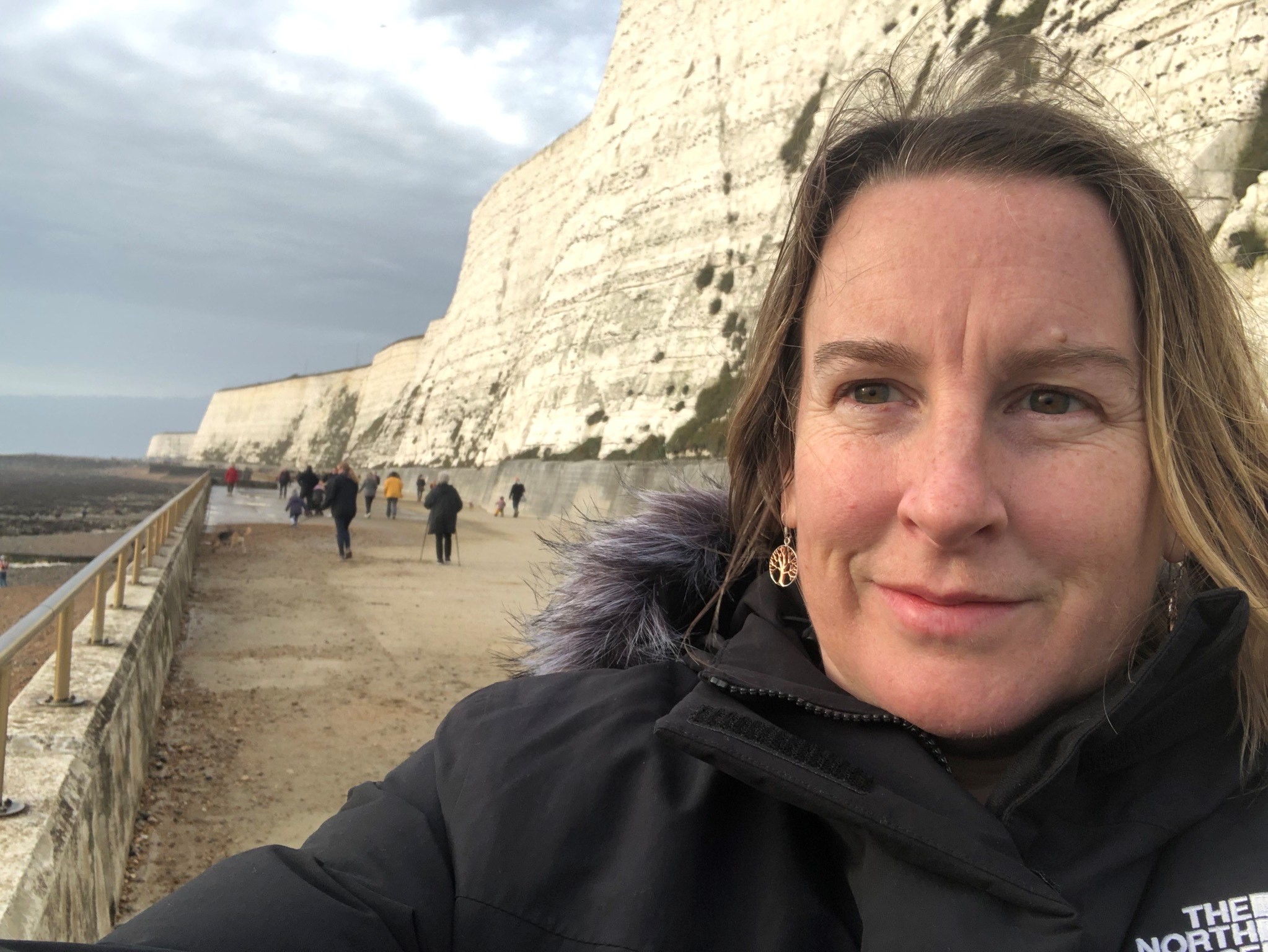Before I did my coaching training I was a successful business leader.
I had been instrumental in launching, growing and selling four multi-million startup businesses, hired, developed and retained hundreds of talented colleagues, and I had a fantastic network of professional relationships and a great reputation to trade upon.
Despite this success, learning to coach was appealing to me. I had always been fascinated by what made people tick and how to get the best out of them (whether as their manager, leader or coach). I also needed a new intellectual challenge. Little did I know that it would be the most profound learning experience of my life.
Other leaders often ask me about my coaching training and I never lose enthusiasm in recommending the experience. Why? These are the four most significant things that I learned, and which have made me an even better leader today…
1. How to understand and handle myself better
In training, everything we learn about how to help others through coaching we first learn and practise on ourselves. I learned more about myself, why I am who – and how – I am, in my six months of training than I’d come to know in nearly forty years. Leadership starts with leading one’s self. The best business leaders know themselves and therefore how to motivate and conduct themselves with self-control, self-reliance, self-confidence, optimism and self-compassion.
2. “How to win friends and influence” others
Dale Carnegie understood that to be in business is to be in relation to, and relationship with, others. In training to be a coach I learned how to read others, empathise, maintain an open mind and see the potential in everyone – not least because of their differences (no two people are the same, after all). This skillset has enabled me to build trustworthy, intimate and diverse relationships which will benefit me for the rest of life, not just career.
3. How to deal with difficulty
Leadership, like life, is messy. People are not straightforward (although they need straightforwardness in their leaders) and conflict, tension and fear is ever-present in the organisations we lead. Some leaders are sadly ill-equipped to handle operational or strategic change, let alone the traumas, poor mental health or complex dynamics of their people. Many leaders remain either in denial or avoidance mode. Favouring either the “do nothing” or “shut it down” response. Show me a team or a meeting room where there isn’t fear, insecurity or an unspoken elephant in the room; and in turn, as a coach I’ll show you how to elicit the unsaid, give voice to the fear or find solutions to overcome.
4. Knowing what really matters
If you’ve heard of Abraham Maslow and his Hierarchy of Needs you’ll know that the lofty ambition at the top of the pyramid that we should all chase in life is self-actualisation – the attainment of work/life integration, contentment and an innate focus on what really matters in life (and guess what, it is rarely simply work). Since my coaching training I discovered my core values (community, friendship and compassion, if you’re interested) and have learned to master the skill of perspective-gaining. My life mantra always was “Life is too short” (having lost a parent too young) but since becoming a coach I have shaped my life so that it’s one that I am able to live to the full – as opposed to half lived – love others deeply and without fear, be an actively engaged colleague, neighbour and global citizen, give back (or pay it forward) and, I hope, pass my life lessons onto those whom I lead.
A decade on from becoming a coach I am still a successful business leader, but I am also better at this thing called life and a better human being, I hope. I therefore cannot recommend this life experience enough, or to enough leaders.




